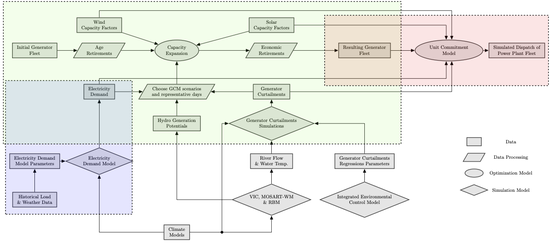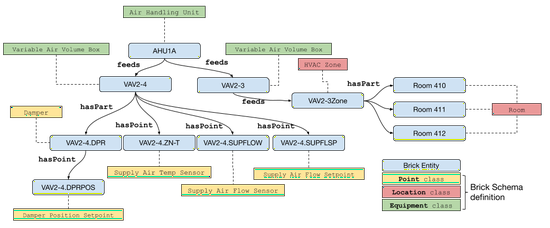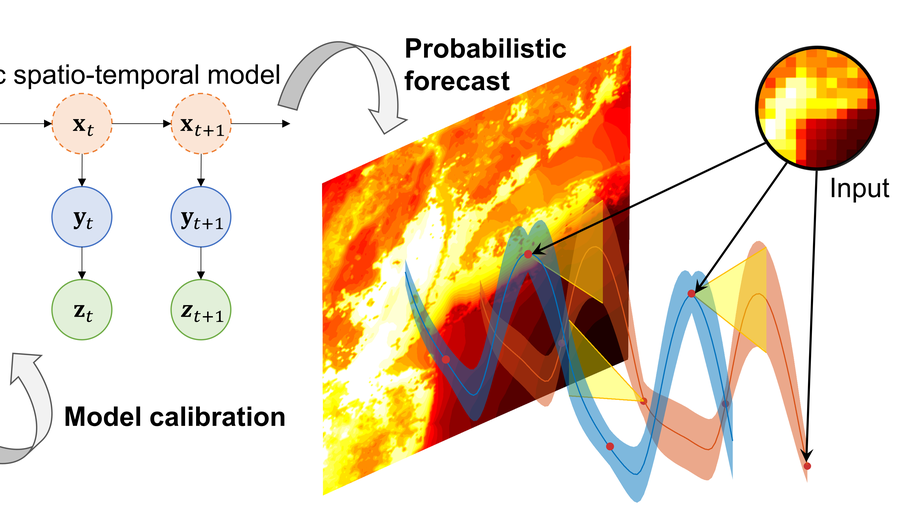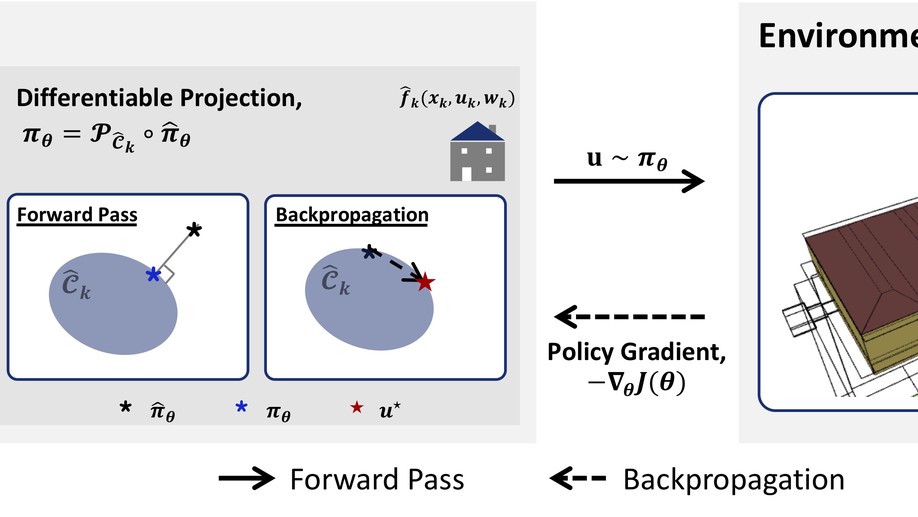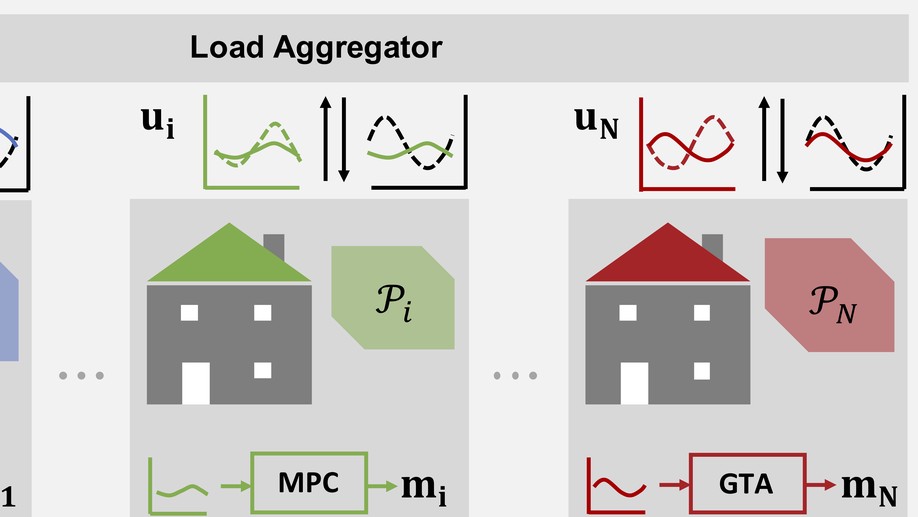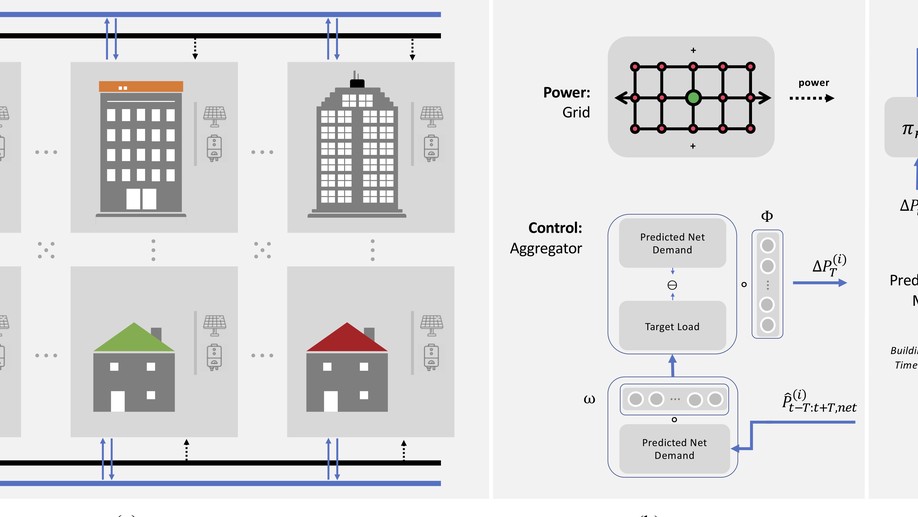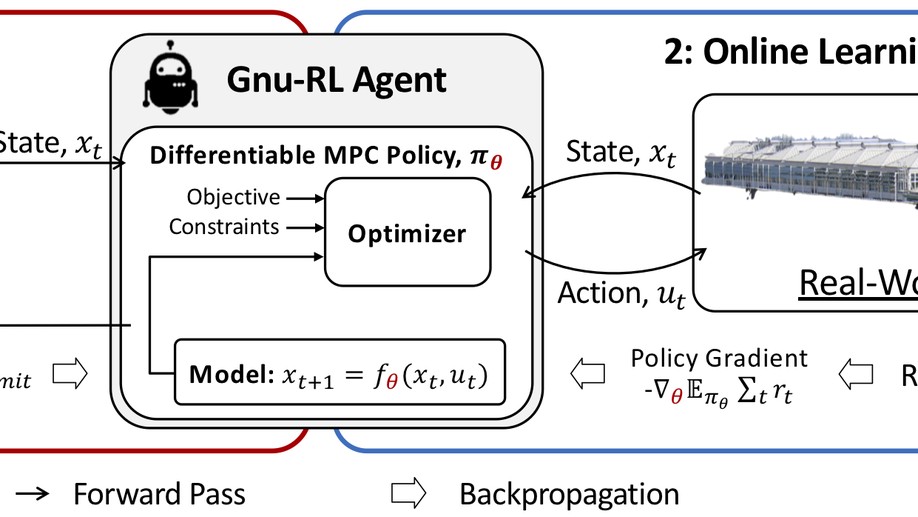Who are we?
Welcome to the Intelligent Infrastructure Research Laboratory (INFER Lab), from the Civil and Environmental Engineering Department at Carnegie Mellon University.
We are interested in improving the operational efficiency of our physical infrastructure, as well as increasing its resilience, adaptiveness and autonomy. In an increasingly resource-constrained world, our infrastructure systems will need to be able to interact with their environment and with each other in order to maximize their efficiency and minimize risks. Hence, our lab interested in solving these challenges by providing answers to questions such as: (a) how can we utilize the data generated by instrumentation systems to provide better feedback, learn from experience and better plan for the future?, (b) how can we improve and leverage the interconnectedness of our infrastructure?, and (c) to what extent can we utilize the resources that are already present in our infrastructure to help solve these problems?
The INFERLab is led by Prof. Mario Bergés from the Department of Civil and Environmental Engineering at Carnegie Mellon University.
Interests
- Smart Infrastructure
- Cyber-Physical Systems
- Structural Health Monitoring
- Applied Machine Learning
